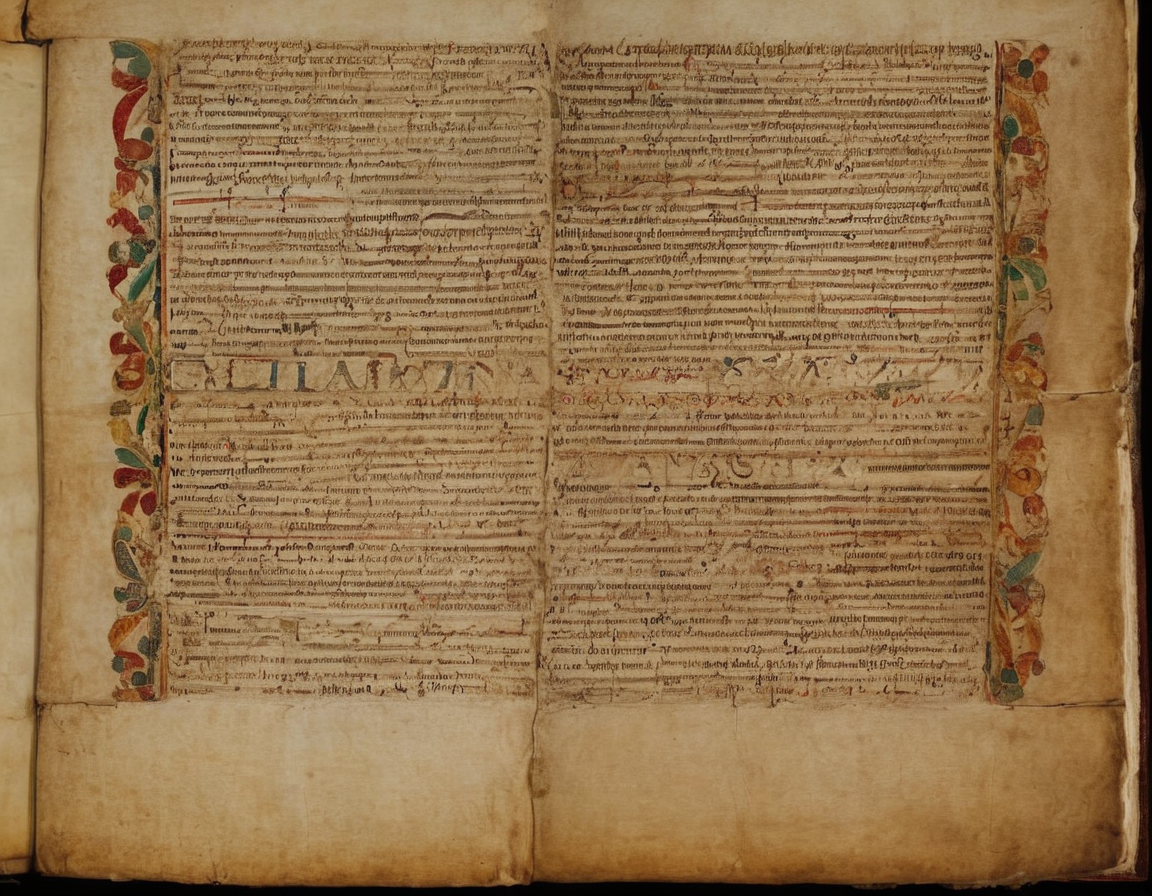Unraveling the Legacy: The Inquisitive Mind of Franz Anton Knittel
Exploring the Intellectual Contributions of Franz Anton Knittel
When exploring the fascinating period of the Enlightenment, one cannot overlook the myriad of intellectuals who shaped modern thought. Among such thinkers, the name of Franz Anton Knittel stands out for his work in paleography and theology. In this post, we delve into the legacy of Knittel and how his contributions continue to resonate in the academic world today.
A Glimpse into Knittel’s World
Franz Anton Knittel was a German theologian and paleographer whose works contributed significantly to the understanding of ancient texts and biblical scholarship. His in-depth study of the Codex Carolinus and the Palimpsest of Wolfenbüttel brought to light new perspectives on early Christian manuscripts. But what made Knittel’s work truly remarkable? Let’s explore. 
Knittel’s Notable Achievements
- Uncovering the Codex Carolinus
- Study and analysis of palimpsests
- Contributions to the textual criticism of the New Testament

Knittel’s dedication to uncovering the past has inspired generations of scholars. Whether it’s his meticulous methods of deciphering ancient writings or his theological insights, Knittel’s impact is indisputable.
The Relevance of Knittel’s Work Today
In a modern context, Knittel’s approach to textual criticism and paleography offers a model of scholarly rigor and curiosity that transcends his time. His legacy serves as a beacon for today’s researchers, encouraging both the pursuit of knowledge and the preservation of history. 
Final Reflections
Franz Anton Knittel was a beacon of enlightenment, whose flame of intellectual curiosity burned brightly and continues to illuminate paths of discovery. His contributions to paleography and theological studies stand as testaments to the enduring power of scholarship.






